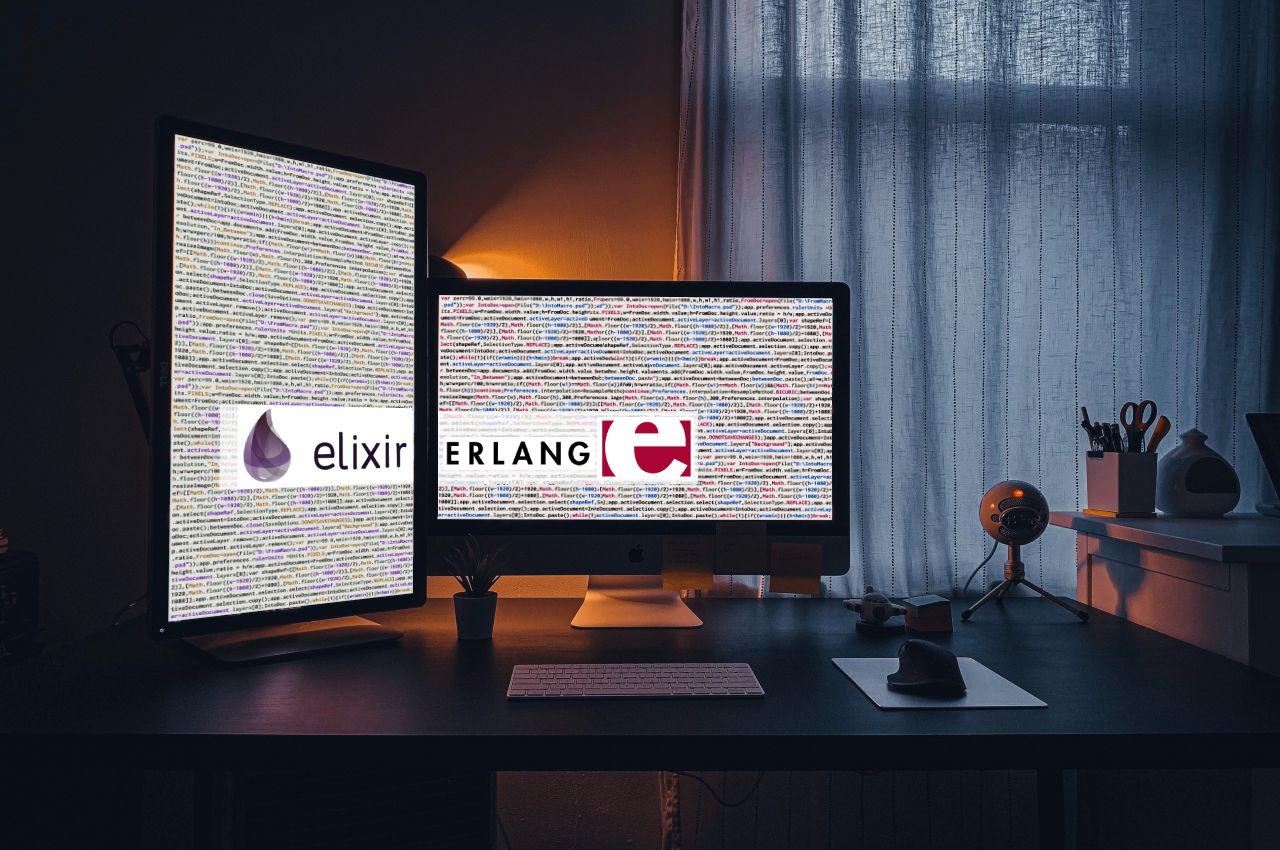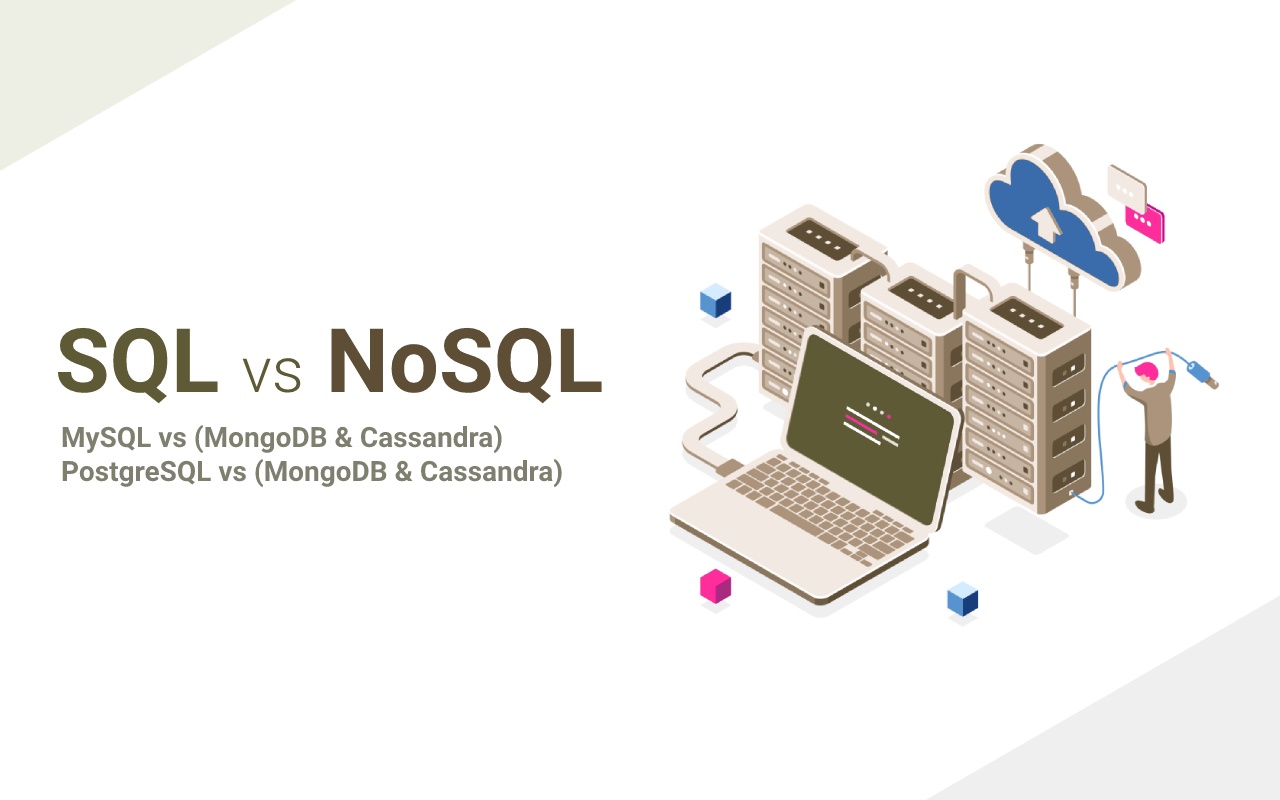Elixir vs Erlang: A comparison
If you are undertaking a web application development project in a business organization, you are likely thinking about the technology to use. You have several choices. Elixir and Erlang, two promising languages have emerged as powerful options. Both have their strengths. What benefits each of them offer? Which one should do you use and why? Read on, as we answer all of these questions in this Elixir vs Erlang comparison.
Elixir: A brief overview
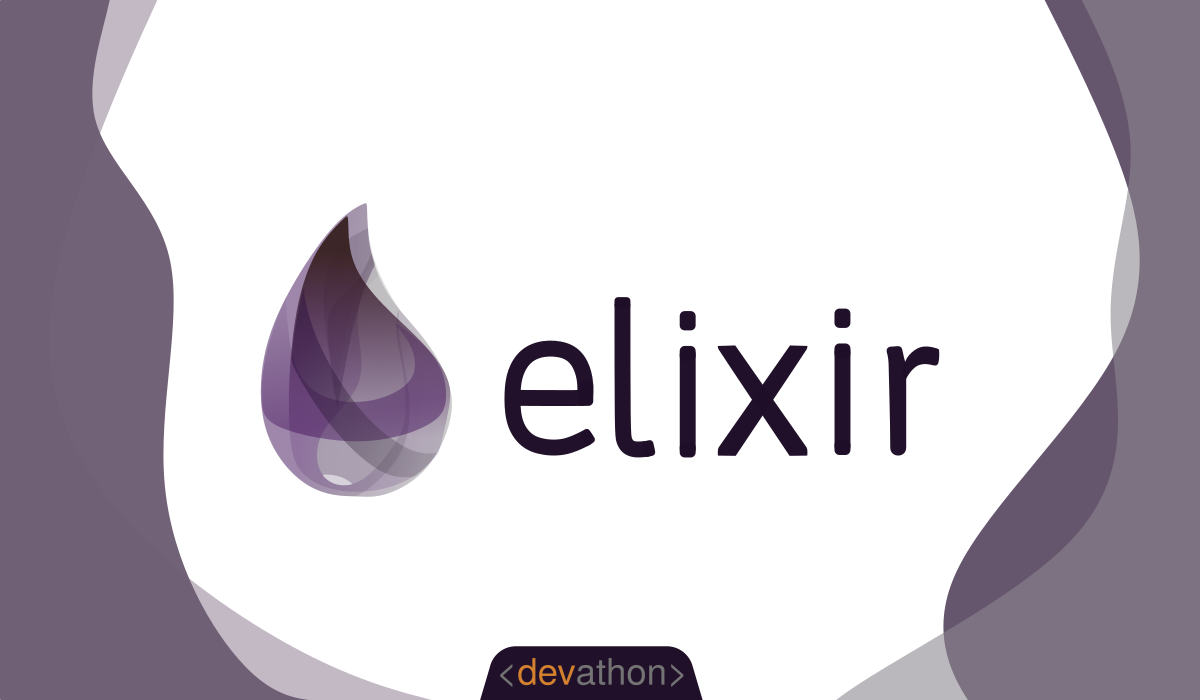
José Valim, a software engineer from Brazil had created Elixir. The language first appeared on the scene in 2011. Valim created Elixir on top of Erlang, another powerful language. In addition to including features from Erlang, Valim also included features from Ruby and Clojure.
Elixir runs on the Erlang Virtual Machine, and it’s a general-purpose programming language. This open-source language emphasizes on functional programming, concurrency, and fault tolerance.
This dynamically-typed language features several similarities with Erlang. Organizations use this language to build distributed web applications with fault tolerance. At the time of writing, the latest stable release of Elixir is 1.10.3, which came on 25th April 2020.
The following are a few companies that use Elixir:
- PagerDuty
- Discord
- E-Metro Tel
- Moz
Most developers coding in Elixir use Phoenix, a powerful framework that uses several features of Ruby on Rails. The other popular open-source frameworks for this language are as follows:
- Nerves
- Sugar
- Hedwig
- Plug
- Trot
- Placid
- Kitto
- Maru
- Anubis
- Urna
- Flowex
A brief introduction to Erlang
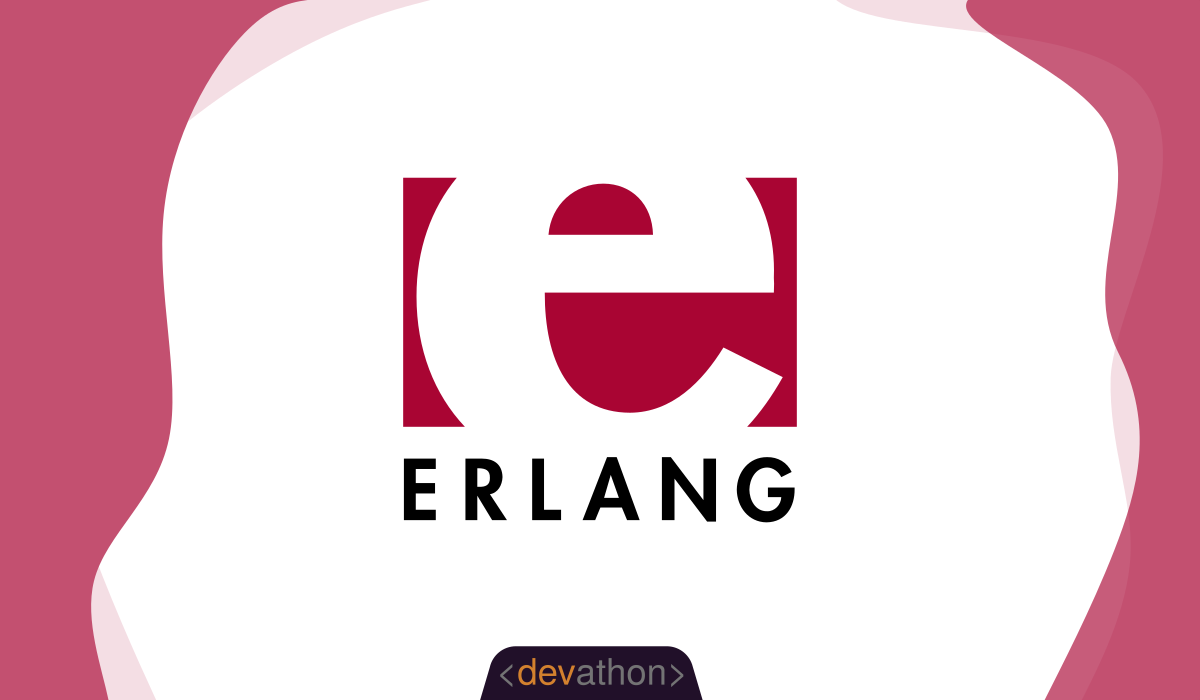
Joe Armstrong, Robert Virding, and Mike Williams created Erlang as a proprietary software of Ericsson. The first release of Erlang as a free and open-source language came in 1998. This general-purpose programming language focuses on functional programming and concurrency.
Erlang is also often referred to as Erlang/OTP, where “OTP” stands for “Open Telecom Platform”. OTP includes the garbage-collected Erlang runtime environment, many ready-to-use components, and a set of design principles.
Businesses use Erlang to build distributed web applications with fault-tolerance. Erlang helps to create systems with high availability. This language enables “Hot swapping”, which allows changing the code without stopping the system. At the time of writing, the latest stable release of Erlang is 23. This release came on 13th May 2020.
Some of the well-known companies that use Erlang are as follows:
- Ericsson
- Nortel
- T-Mobile
- Goldman Sachs
- Nintendo
The followings are a few popular web frameworks for Erlang:
- Erlang OTP
- Yaws
- Axiom
- ChicagoBoss
- Cowboy
- Giallo
- MochiWeb
- N2O
- Nitrogen
- Zotonic
The pros and cons of Elixir
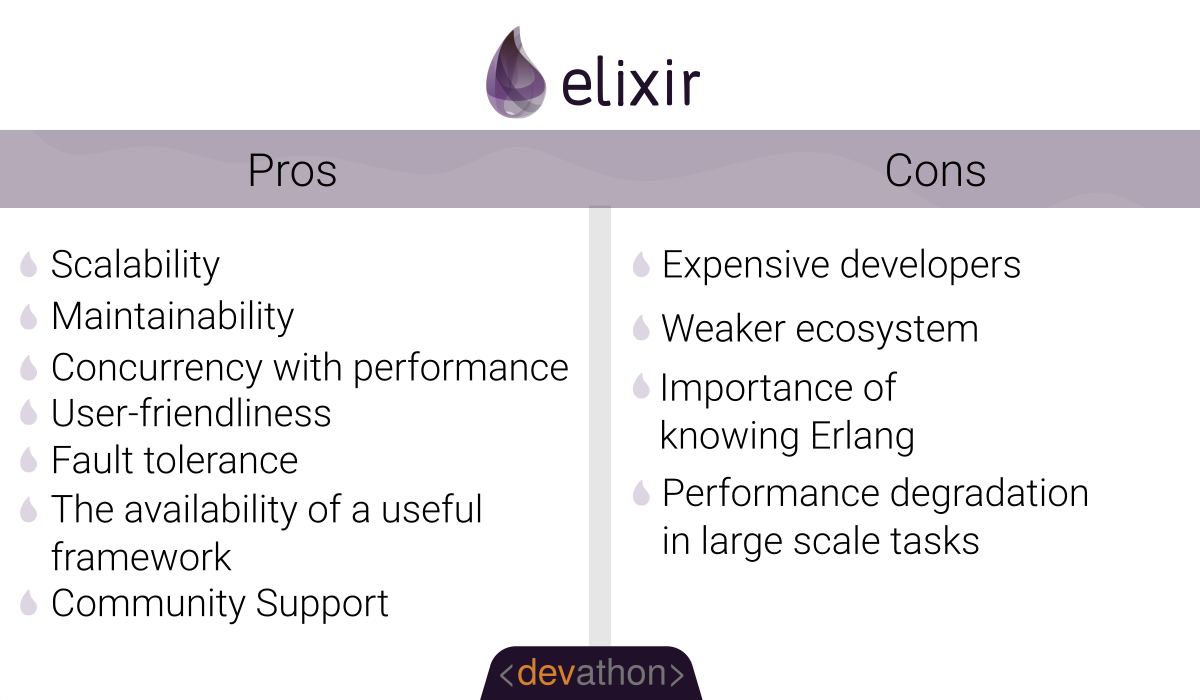
Elixir offers many advantages, and these are as follows:
- Scalability: Elixir helps you to create scalable apps. Let’s assume that you need to run a service that needs to aggregate responses from several other services. Elixir lets your program do this simultaneously, which is quicker than collecting these responses sequentially.
- Maintainability: By its very design, Elixir prompts you to code simpler programs. This functional language has fewer abstractions than many other languages, which makes it simpler. Simpler code results in fewer bugs, which makes maintenance easier.
- Concurrency with performance: Elixir offers concurrency, i.e., many processes can run simultaneously. Many other languages offer this, however, performance often degrades when multiple processes run simultaneously. Elixir prevents that since it runs on the Erlang VM.
- User-friendliness: Elixir offers IEx, an interactive shell. Developers can use IEx to great advantage, thanks to its features like auto-complete, debug, and the ability to reload the code. IEx allows Elixir programmers to achieve a lot with limited effort.
- Fault tolerance: Elixir provides a high degree of fault tolerance than several popular languages. Apps coded in Elixir can continue their normal operations despite system/hardware faults, and this helps to create highly available systems.
- The availability of a useful framework: Phoenix is a powerful framework. Elixir works with Phoenix just like Ruby works with Ruby on Rails. Elixir developers can achieve higher productivity, thanks to this framework.
- Community support: Despite being relatively new, Elixir has attracted a vibrant developer community. This community offers helpful guidance including documentation.
There are a few disadvantages to using Elixir, and these are as follows:
- Costlier developers: Elixir is a relatively new language and fewer developers know this than other leading languages. It can cost quite a bit to find competent Elixir programmers.
- Weaker ecosystem: The ecosystem of Elixir is still work-in-progress, and you might find it hard to suitable libraries for some functions.
- The importance of knowing Erlang: The best Elixir developers know Erlang quite well. For delivering powerful software using Elixir, the knowledge of Erlang is important. This prerequisite makes it harder to find competent Elixir programmers.
- Performance degradation when performing large-scale number-crunching tasks: While Elixir performs well when handling many concurrent tasks, its performance can degrade while performing large-scale number crunching.
The pros and cons of Erlang
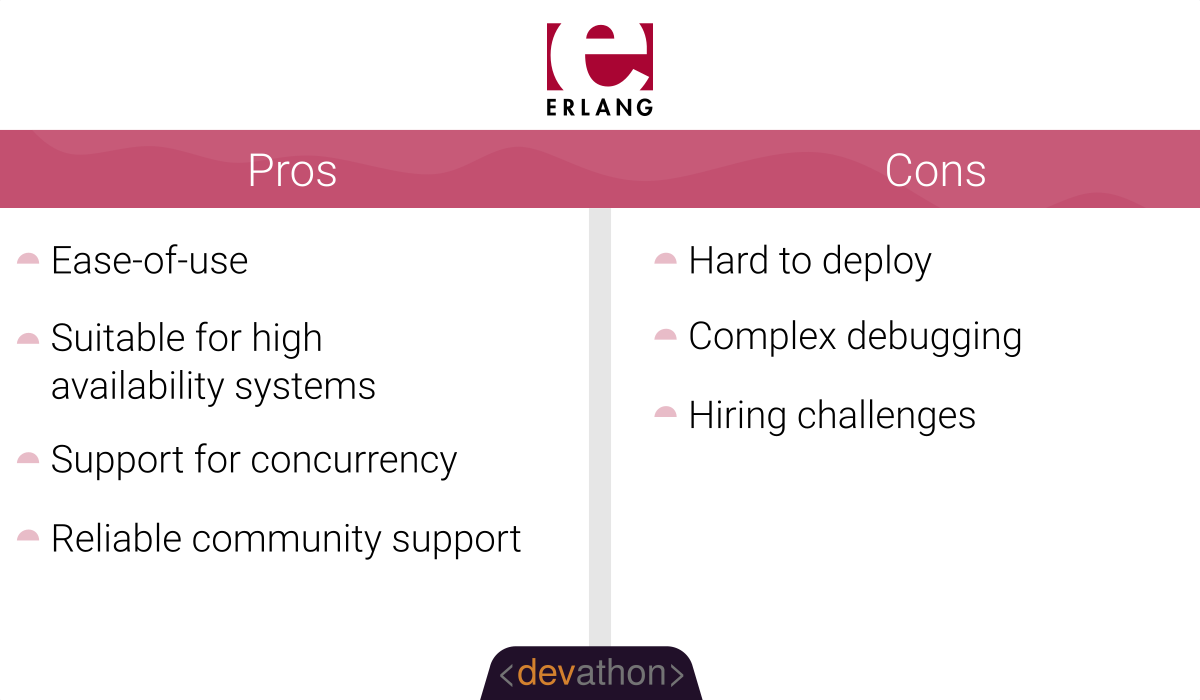
You can get several advantages if you use Erlang, and these are as follows:
- Ease-of-use: Erlang values simplicity. This language uses the functional programming paradigm, which encourages simplicity. Erlang goes further since its syntax allows simpler programming.
- Suitable for high-availability systems: Erlang offers fault tolerance, which helps you to create systems with high availability.
- Support for concurrency: Not only does Erlang supports concurrency, but you can develop concurrent programs easily. You can also scale and distribute these programs easily.
- Reliable community support: The Erlang developer community isn’t the largest, however, it’s very mature. You can get excellent support from this community.
Erlang has a few disadvantages too, which are as follows:
- Hard to deploy: New Erlang developers can find it hard to set up, provision, and deploy Erlang applications.
- Complex debugging: New Erlang programmers can find it hard to debug exception-related errors since the error-reporting isn’t very user-friendly.
- Hiring challenges: Although two decades have passed since Erlang has been open-sourced, the language isn’t a popular as some of the leading languages. You can find it hard to hire Erlang developers.
Erlang vs Elixir: What are their similarities?
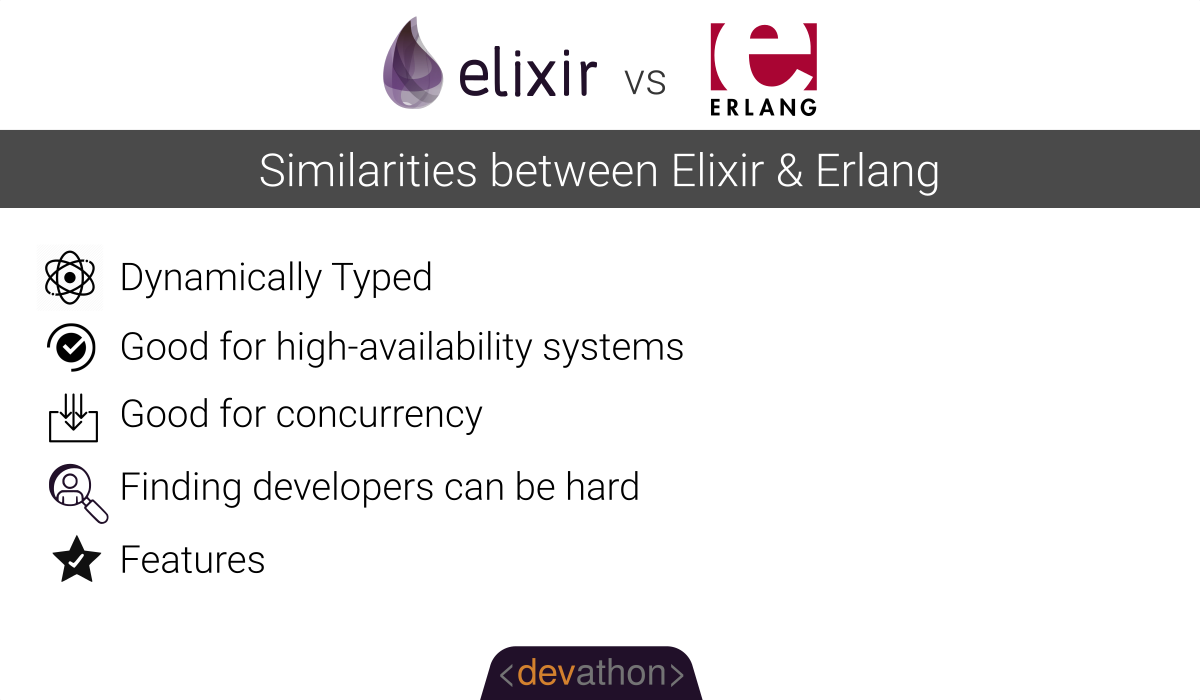
Erlang and Elixir have several similarities, and these are as follows:
- Dynamically-typed: Both Elixir and Erlang are dynamically-typed languages. Like all other dynamically-typed languages, you won’t receive any errors related to variable types during compilation. While dynamically-typed languages can offer versatility, developers often find it hard to debug errors related to variable types.
- Good for high-availability systems: Both Erlang and Elixir have excellent fault tolerance. This makes them suitable for developing application systems that have high-availability requirements.
- Good for concurrency: Both Elixir and Erlang support concurrency very well. Applications codes in these languages don’t see a degraded performance when handling multiple tasks simultaneously.
- Finding developers can be hard: Erlang and Elixir don’t belong to the category of most popular languages. At the time of writing this, the TIOBE index has placed Erlang as the 50th most popular language. According to this report, Elixir is the 66th most popular language. You can find it hard to hire competent developers for either of these two languages.
- Features: Both Erlang and Elixir support string functions, regular expressions, loops, conditional statements, recursive functions, and user-defined functions. Therefore, both offer similar capabilities and features.
Elixir vs Erlang: Their differences
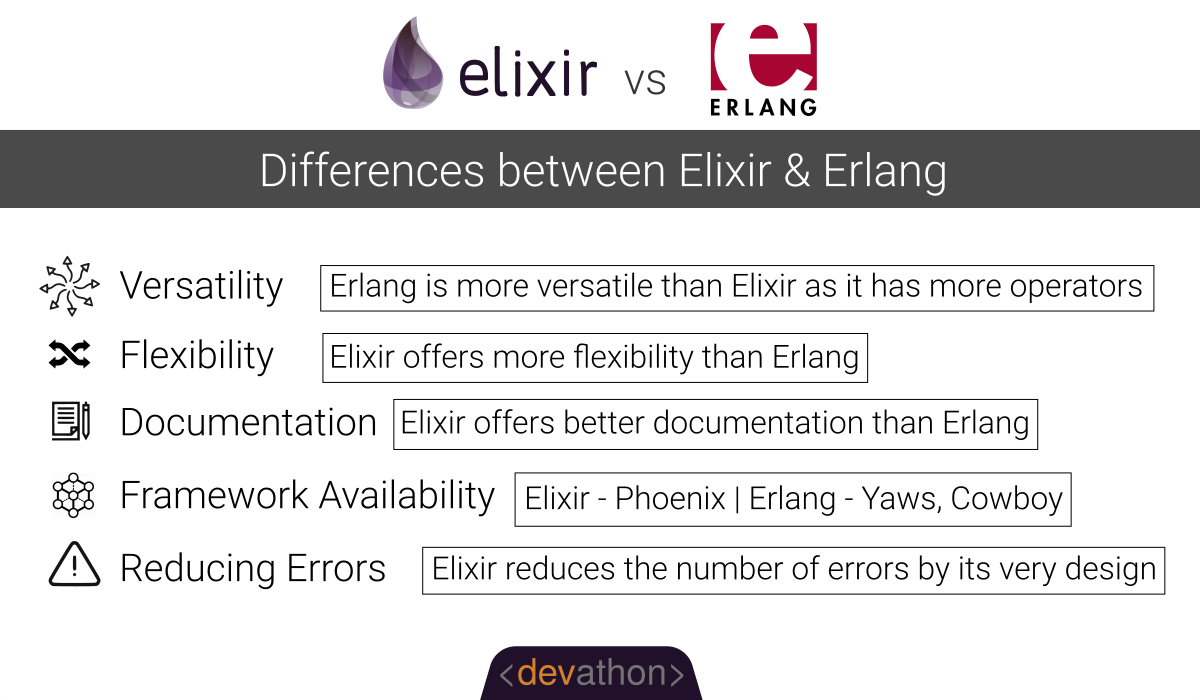
There are several differences between Elixir vs Erlang, which are as follows:
- Versatility: The number of operators available in a programming language determines its versatility. A larger set of operators allow developers to achieve more despite coding less, which makes a programming language more versatile. Erlang is more versatile than Elixir since it has more operators.
- Flexibility: Programming languages that offer more freedom to developers can be very powerful. Note that this flexibility can also make a programming language more complex. You would likely need more experienced programmers who can utilize the flexibility while following the best practices for coding. Elixir offers more flexibility than Erlang. You can assign the same variable more than once in Elixir, however, Erlang doesn’t allow that.
- The focus on reducing programming errors: Elixir reduces the number of programming errors by its very design. This language demonstrated a higher focus in this regard that Erlang. For example, default values for any argument are always defined in the case of Elixir. Erlang doesn’t need the default values of arguments to be defined.
- Documentation: Elixir offers better and more documentation than Erlang. Developers can count on more and better sources of information if they use Elixir vs Erlang.
- The availability of well-known frameworks: For Elixir developers, Phoenix is the go-to framework. While there are other frameworks, none of them is as well-established as Pheonix. Erlang developers can count on a larger number of well-established frameworks like Erlang OTP, Yaws, and Cowboy.
When should you use Elixir vs Erlang?
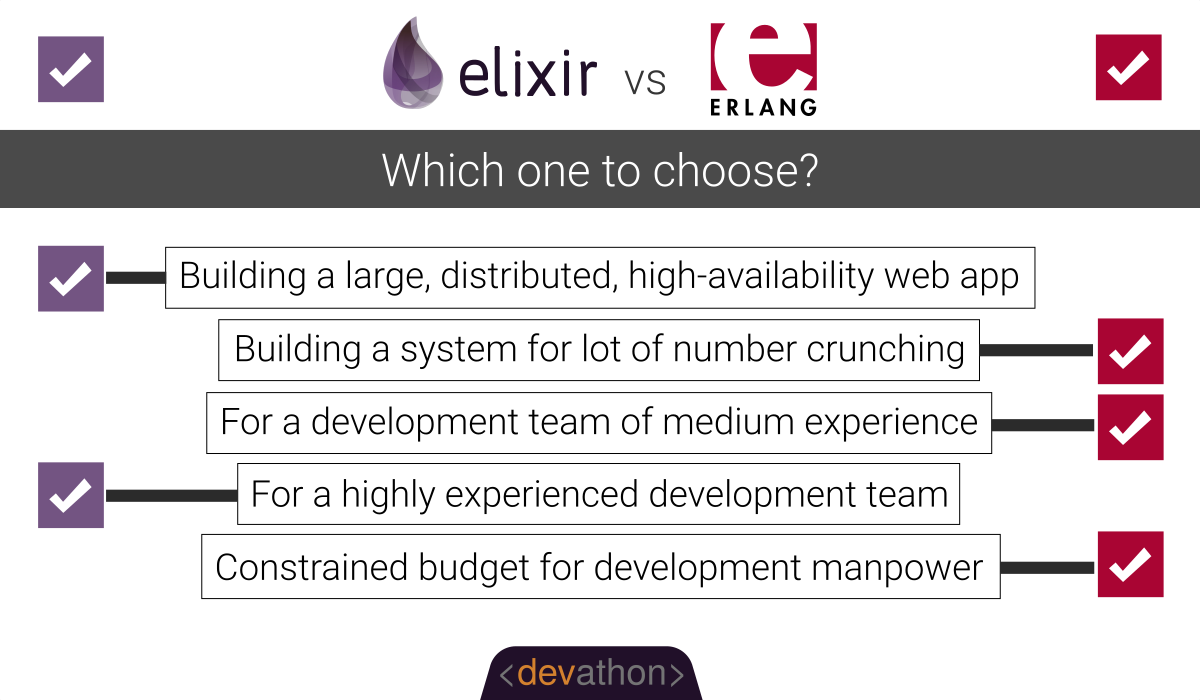
Now that you know the similarities and differences between Erlang vs Elixir, let’s see when to use one over the other. The decision-making factors are as follows:
- You are building a large, distributed and high-availability web app: Both Elixir and Erlang support concurrency and fault tolerance. They are both good candidates for building large and distributed systems that have high-availability requirements. However, Elixir fares better than Erlang in this regard. It supports concurrency without any notable degradation of performance.
- Your system will do a lot of number-crunching: You should choose Erlang in this case. While Elixir is highly performant in most cases, it sees a degraded performance when a lot of number-crunching is at play.
- You have a development team with a medium level of experience: You should choose Erlang over Elixir. Erlang has powerful operators that let developers achieve more with less coding. This language has more frameworks, which help mid-level developers to achieve productivity. Two caveats here: (a) Both Erlang and Elixir are dynamically-typed languages and require experienced developers. (b) In some cases, debugging Erlang code can be complex.
- You have a highly experienced development team: You should choose Elixir. It offers greater freedom than Erlang, and experienced developers can utilize it to build powerful applications quicker. Since Elixir offers better documentation, programmers can find more help when they use powerful features.
- You have a constrained budget for development manpower: Choose Erlang. Elixir developers are harder to find and they are more expensive. Highly competent Elixir developers must know Erlang, and this prerequisite makes it harder to find them.
Conclusion
In this article, we have reviewed the pros and cons of both Elixir and Erlang. We talked about their similarities and differences. As you can see from this Elixir vs Erlang comparison, both have their strengths. Both languages have a few limitations too. Analyze your requirements carefully and use the decision-making criteria we have mentioned. This will help you to choose the right programming language for your project.
Are you looking to get your App built? Contact us at hello@devathon.com or visit our website Devathon to find out how we can breathe life into your vision with beautiful designs, quality development, and continuous testing.

